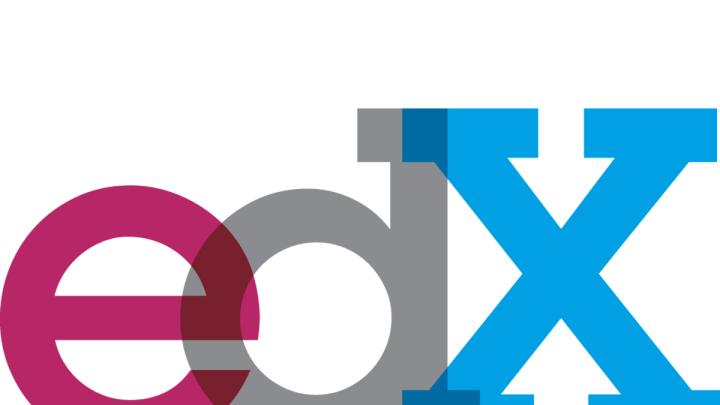edX, the year-old Harvard-MIT online-learning venture, announced that 15 new institutions have become partners, increasing the number of participating universities and colleges to 27. The expansion is particularly pronounced among international universities, especially those in Asia, where enrollments in existing edX courses indicate significant student demand. The new affiliates also include a specialty school in the United States; a second U.S. college (alongside Wellesley)—an important aim for edX, after the Amherst faculty's recent vote not to participate in edX; and three U.S. universities (among them, Cornell, following Yale's decision last week to begin offering courses experimentally on the for-profit Coursera platform).
The newly affiliated institutions are:
• Asia
- The University of Hong Kong, Hong Kong (HKUx)
- Hong Kong University of Science & Technology, Hong Kong (HKUSTx)
- Kyoto University, Kyoto, Japan (KyotoUx)
- Peking University, Beijing, China (PekingX)
- Seoul National University, Seoul, South Korea (SNUx)
- Tsinghua University, Beijing, China (TsinghuaX)
• Australia
- The University of Queensland in Australia, Brisbane, Australia (UQx)
• Europe
- Karolinska Institutet, Stockholm, Sweden (KIx)
- Université catholique de Louvain, Louvain-la-Neuve, Belgium (LouvainX)
- Technische Universität München, Munich, Germany (TUMx)
• North America
- Berklee College of Music, Boston (BerkleeX)
- Boston University, Boston (BUx)
- Cornell University, Ithaca, N.Y. (CornellX)
- Davidson College, Davidson, N.C. (DavidsonX)
- University of Washington, Seattle (UWashingtonX)
New members will offer courses beginning late this year or early next. The international affiliations—particularly with such top-tier institutions as the two leading universities in the People’s Republic of China—may well help fuel edX's global reach. The Boston Globe on May 19 named edX president Anant Agarwal one of its leading entrepreneurs; it paraphrased and quoted him as repeating a previously expressed edX "goal of democratizing education and eventually reaching a billion students worldwide—‘anyone with a laptop, Internet connection, and the will to learn.’” The challenge is in reconciling that often-expressed aim of massive open online courses (MOOCs) with on-campus, classroom changes in pedagogy based on the same or similar technologies.
HarvardX’s fall 2013 full and shorter ("module") course listings are expected to be announced soon.







